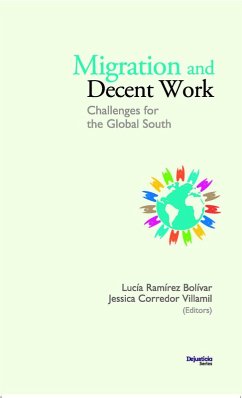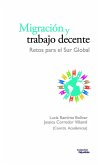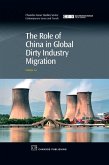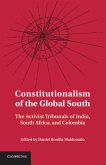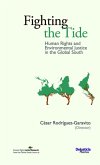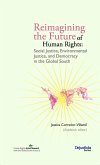Migration and Decent Work: Challenges for the Global South takes a journey through nine countries in the global South-from Mexico to India to Argentina to Turkey-to explore the relationship between migration and work from a human rights perspective. Labor insertion is one of the most effective forms of integration because it allows migrants and refugees to enjoy more dignified living conditions, to contribute to the development of host communities, and to build relationships with the local population. But ensuring the right to work is a challenge for countries in the global South that have weak or developing economies and problems with job creation, which can force many people-not just migrants-to engage in precarious work and put themselves at risk of labor exploitation. Under these circumstances, advocating for migrants' and refugees' right to work is more urgent than ever. The recognition of decent work as a human right means that states may not pursue economic growth at the expense of the exploitation of migrants and refugees, but instead must seek to ensure opportunities and prosperity for all. In this regard, it is critical to foster discussions, such as the ones featured in this book, that facilitate the sharing of experiences and lessons learned on the labor conditions of migrants and refugees. The authors of the nine chapters in Migration and Decent Work are activists, academics, and members of civil society who have worked on the issue of migration from different angles and who address the challenge of migrants' labor inclusion from an interdisciplinary and rights-based perspective. Their contributions offer an overview of migrants' and refugees' right to work in a range of countries in the global South based on an analysis of local contexts, public policies, and the everyday realities faced by these workers. In addition to offering local and global recommendations for ensuring the right to decent work for migrants and refugees, this book seeks to strengthen the human rights movement through collaboration and the sharing of experiences. The diversity of voices featured here offers a look at migration based on and intended for the global South. La diversidad de voces que reúne ofrece una mirada de la migración desde y para el Sur Global
Dieser Download kann aus rechtlichen Gründen nur mit Rechnungsadresse in A, B, BG, CY, CZ, D, DK, EW, E, FIN, F, GR, H, IRL, I, LT, L, LR, M, NL, PL, P, R, S, SLO, SK ausgeliefert werden.

